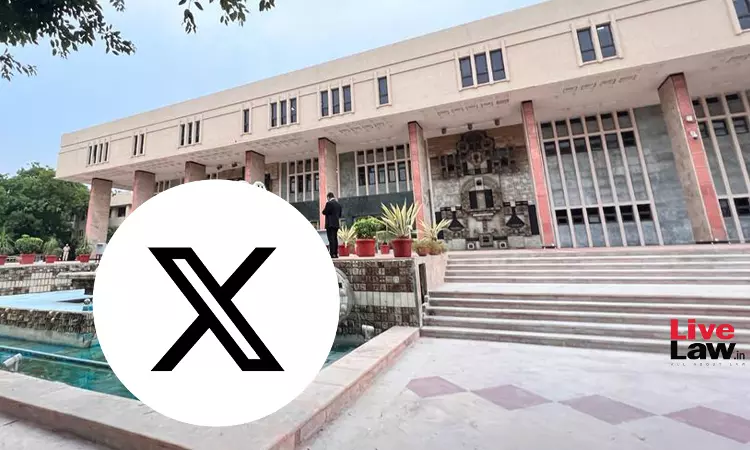Centre's Decision To Block 'Hindutva Watch' Account Disproportionate: X Tells Delhi High Court
Nupur Thapliyal
1 Oct 2024 11:00 AM IST

Next Story
1 Oct 2024 11:00 AM IST
X Corp, formerly Twitter, has contended before the Delhi High Court that the decision of the Union Government to block the account of “Hindutva Watch” is disproportionate and exceeds the limits prescribed under Article 19(2) of the Constitution of India. X has filed its reply to a writ petition filed by Raqib Hameed, a Jammu and Kashmir based journalist, against the order blocking X...
